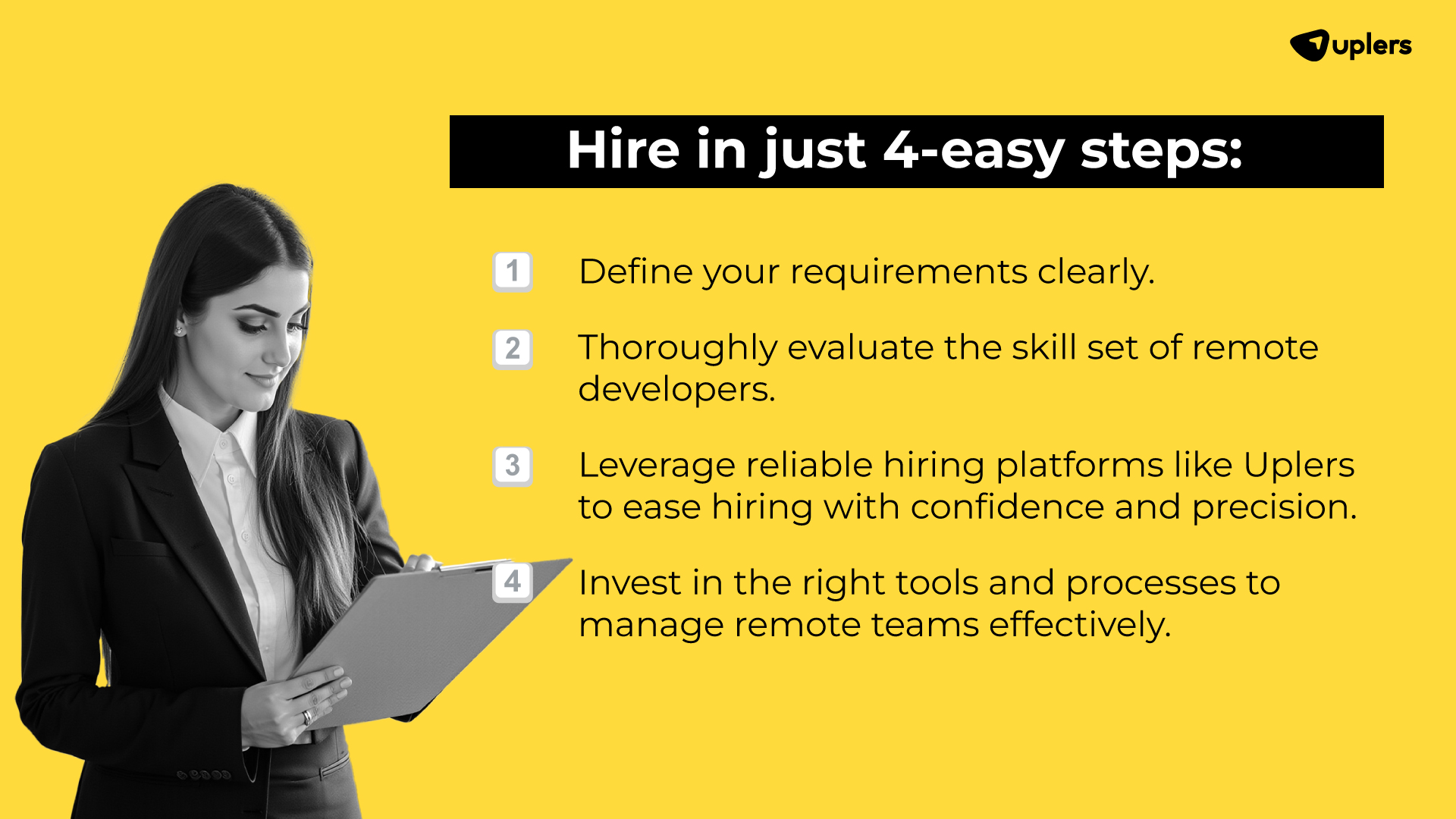Hire CMS Developers to Unlock Flexibility, SEO, and Content Control
- Kritika Verma
- July 24, 2025
- 4 Minute Read

Time has evolved and the current era is all about headless architecture, composable content systems, and no-code platforms. It’s obvious and easy to assume that Content Management Systems (CMS) are a thing of the past. But what if we told you this assumption doesn’t hold relevance in 2025 and the future?
CMS development serves as a foundational pillar of digital strategy, particularly for SEO-driven, content-heavy, and rapidly scaling tech companies. By 2026 the global CMS market is expected to reach $123 billion, growing at a CAGR of 16.7%. This surge is a result of the rising demand among businesses for robust, customizable, and scalable digital experiences that surpass the static website templates.
In order to address these evolving needs, startups and product companies are doubling down on the decision to hire CMS developers. Not just to build but to optimize, integrate, and future-proof the content systems.
Flexibility First: Customizing Beyond Templates with Expert CMS Developers
Off-the-shelf themes can be great for MVPs or small sites, but when scalability and brand differentiation are your focus areas, custom CMS development emerges as a competitive advantage.
Whether it’s WordPress, Drupal, Contentful, Strapi, or other platforms, experienced CMS developers enable:
- Dynamic fields and unique content types.
- Advanced integrations with analytics stacks, ERPs, and CRMs.
- Permissions for large marketing/editorial teams based on roles.
- Multilingual and multi-site features for international brands.
- Plugins and features tailored to specific business objectives.
This flexibility makes sure that you are not limited by what pre-built themes or templates have to offer. It positions your team to experiment, scale, and differentiate. As a hiring manager comparing platforms, the choice between WordPress vs. other CMS developers is a critical one.
WordPress extends immense plugin support and SEO readiness, while platforms like Sanity or Ghost offer a leaner and more modern development experience. The key here isn’t the platform, rather it’s the developers ability to customize and scale it to your business needs.
SEO-Ready by Design: How CMS Developers Optimize Technical SEO from the Ground Up
It’s no hidden fact that content is the core driver of organic growth, but without strong technical SEO even the best blog won’t rank. That’s where skilled CMS developers enter the plot.
Rather than retrofitting the SEO fixes post-launch, top CMS developers build with a keen attention on search optimization.
- Structured data and schema integration.
- Agile load times and Core Web Vitals compliance.
- Clean, crawlable site architecture.
- Proper use of canonical tags, robots.txt, and XML sitemaps.
- Dynamic page generation without harming indexability.
Approximately 53% of all web traffic comes from organic searches, making SEO a non-negotiable aspect of your CMS architecture. When you hire CMS developers with an understanding of backend performance as well as SEO, you gain the chance to organically scale traffic and visibility.
Empowering Marketing Teams with Scalable Content Workflows
Best and experienced CMS developers are those that not only think about code, but also think about the marketer’s experience. A well-built CMS is one that empowers non-technical users to:
- Create and manage landing pages without the assistance of developers.
- Release dates and versions of the material.
- Adapt modules and CTAs to buyer journeys.
- Include analytics programs such as HubSpot and Google Tag Manager.
- Oversee digital assets through a variety of channels.
This kind of flexibility has a direct impact on the speed to market. Why is that so?
Instead of waiting on engineers to provide every site update, marketing teams move autonomously – they test, iterate, and launch campaigns in real-time. If you as a tech company are scaling operations across geographical boundaries or languages, hiring CMS developers who understand editorial workflows and localization adds more value. This is one of the reasons why global teams continue to hire web developers with strong CMS experience, even in a no-code world.
Choosing the Right CMS Talent: What Skills and Experience Really Matter

Not all CMS developers are created equal, which is why some might be specialists in specific platforms like WordPress or Drupal, while others might have experience in headless CMS or API-first architecture.
Here’s what you must prioritize when hiring CMS developers:
- Thorough familiarity with your preferred platform (e.g., development of custom WordPress themes and plugins).
- Knowledge of contemporary stacks, such as React, GraphQL, and JAMstack.
- Knowledge of caching techniques and performance optimization.
- Familiarity with version control and CI/CD pipelines.
- Knowledge of best practices for content governance, accessibility, and SEO.
If you are building in a headless environment, you must prioritize developers who can bridge CMS platforms with front-end frameworks such as Next.js or Nuxt. Several global companies hire CMS developers from talent hubs like India, where there is a highly qualified and skilled pool of content-centric engineers. Cities such as Bangalore, Pune, and Ahmedabad have emerged as the centers of excellence for CMS talent. Hiring platforms like Uplers offer top 3.5% of AI-vetted developers from a 3M+ network who are experts in platform knowledge, performance optimization, and remote readiness.
Building Agile, SEO-Driven Web Teams with the Right CMS Experts
Therefore, CMS development in 2025 is not simply about “publishing content”. It’s about enabling teams to scale their digital strategy, drive growth through organic channels, and maintain brand control in a fast-paced landscape.
When you hire CMS developers that can customize platforms, support marketing, and embed SEO into the foundation, you are creating a website that serves as a revenue engine more than a digital brochure. And in a competitive digital environment, your CMS must not be a bottleneck, rather it should be a launchpad.






